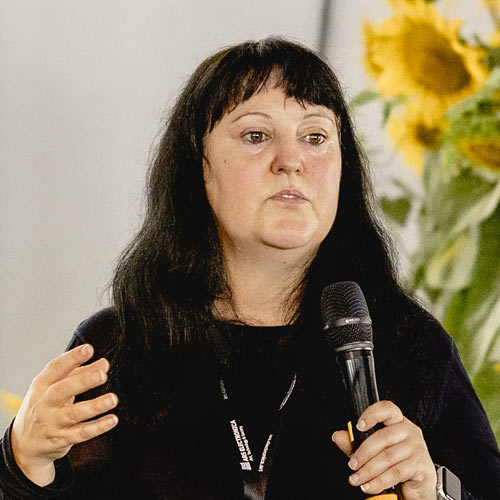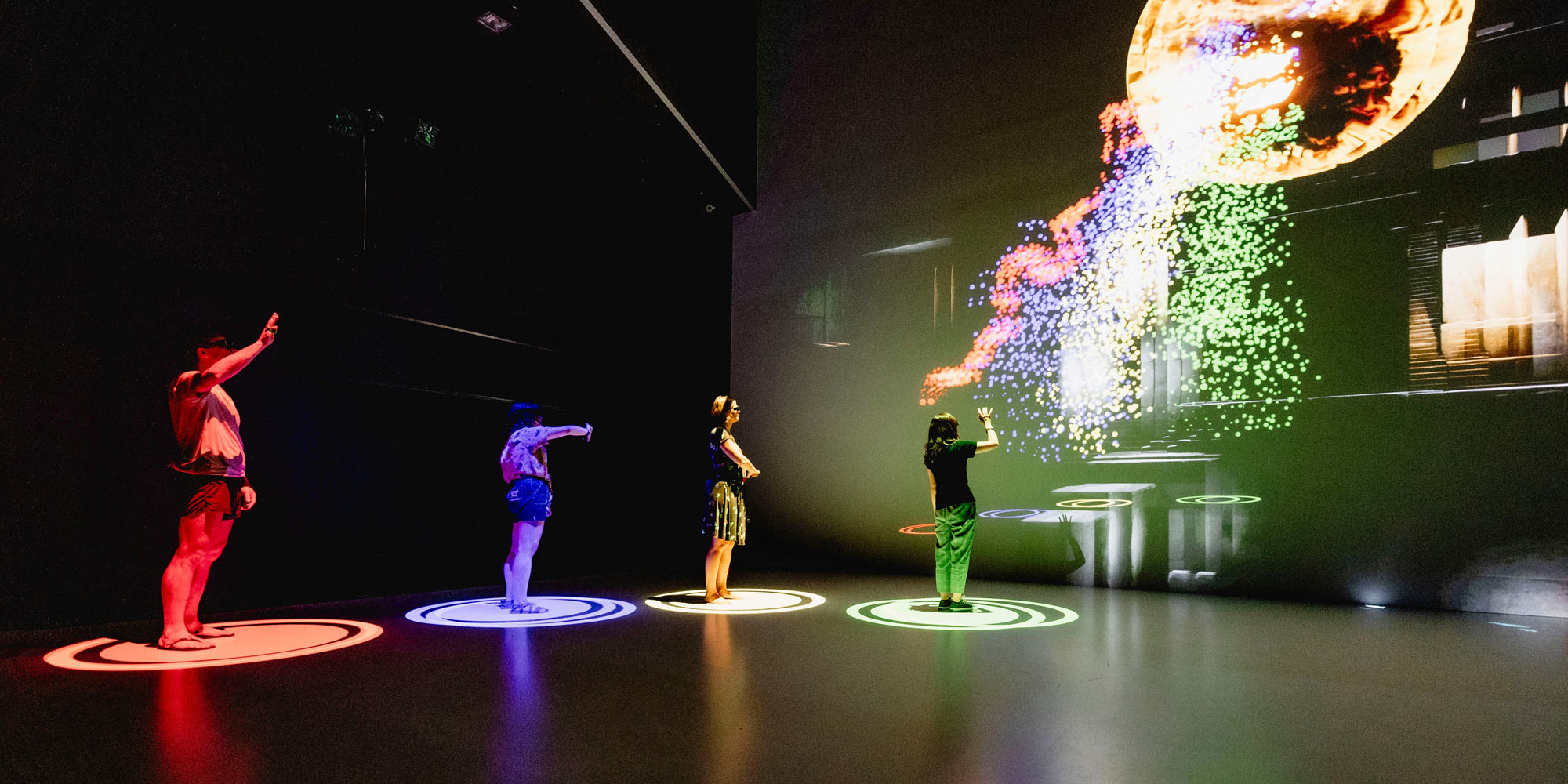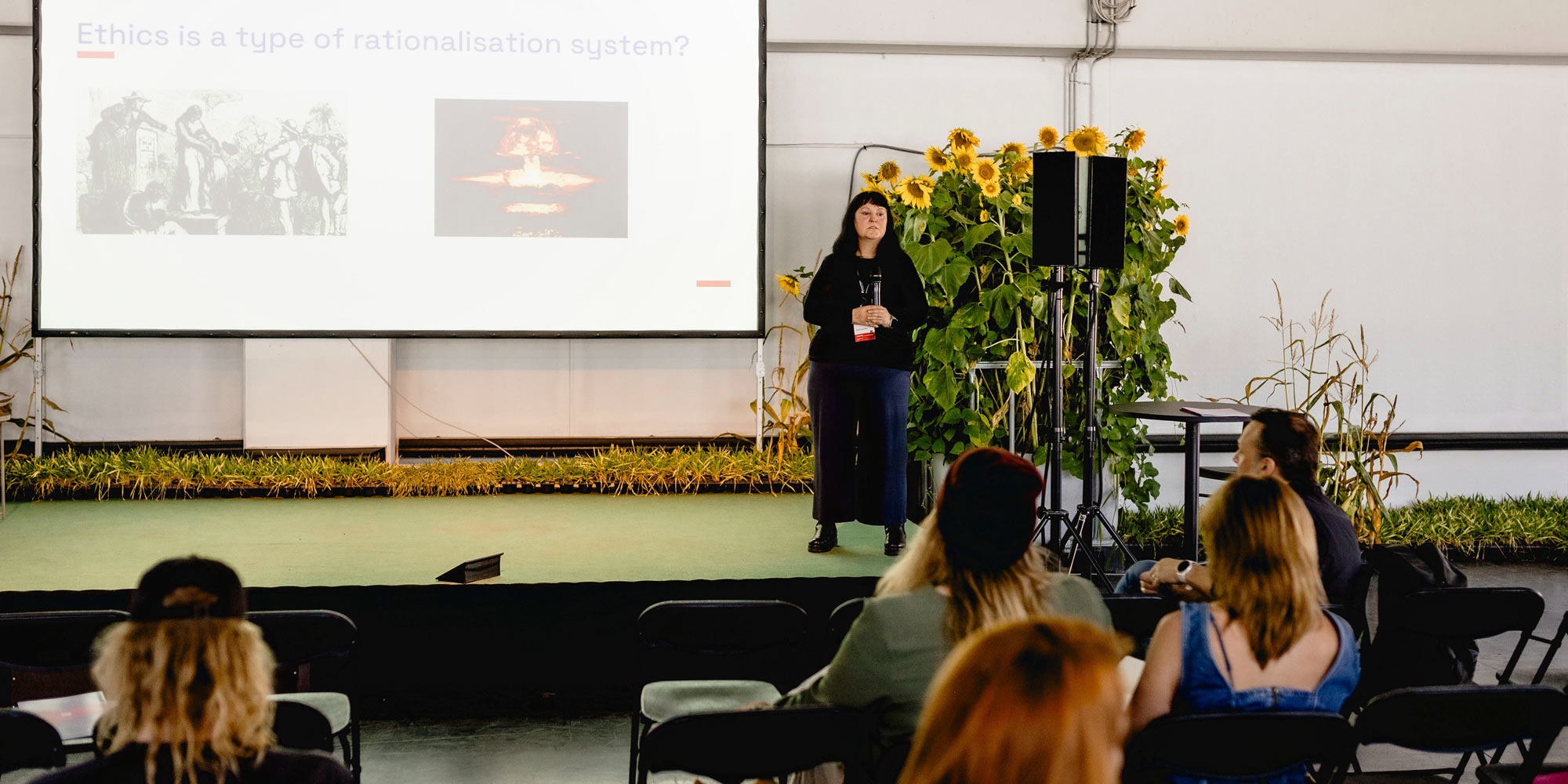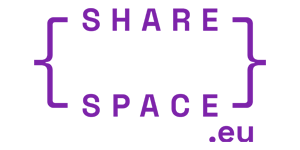This talk explores how computer scientists, psychologists and health practitioners within the SHARESPACE XR project both co-created and subsequently used Good Enough Ethics (GEE) to navigate complex AI and XR dilemmas. It dives into details of the final stage of a live scenario-testing protocol that featured quizzes and group discussions. The talk highlights the efficacy of the GEE approach, which is intended to foster emotionally grounded, pragmatic decision-making in emerging technologies.

State of Play - Photo: flap
Lecture & Talk
Good Enough Ethics in XR Shared Spaces
The Experiment Results
Kathleen Richardson (GB), Kathleen Bryson (GB)
POSTCITY, First Floor, Ars Electronica Lounge
Language //
EN
Ticket //
FREE / No Ticket
Max. Participants //
50
Info //
Open to all attendees interested in ethical design, AI and emerging technologies. Ideal for researchers, technologists, artists and the ethically curious. No special equipment needed. The session involves projected slides and group discussion but no intense lighting or loud noise.
-

Photo: Kathleen Bryson
Kathleen Bryson
Kathleen Bryson is a Research Fellow in extended reality ethics at De Montfort University for the Horizon EU project SHARESPACE. She holds a PhD in Evolutionary Anthropology (UCL), where her thesis explored human–machine interactions. Her co-authored book Good Enough Ethics by Design: AI and Alternative Digital Realities will be published by Palgrave Macmillan in 2026. She is currently writing a nonfiction book on AI, ecology and astrobiology, represented by Ivan Mulcahy (MMB Creative).
-

Photo: Bettina Gangl
Kathleen Richardson
Kathleen Richardson is Professor of Ethics of Culture and AI at De Montfort University. Her work explores the cultural, social and ethical impacts of new technologies. She is author of An Anthropology and AI: Annihilation Anxiety and Machines (2015), Challenging Sociality: An Anthropology of Attachment, Autism (2018) and Sex Robots: The End of Love (2025).


